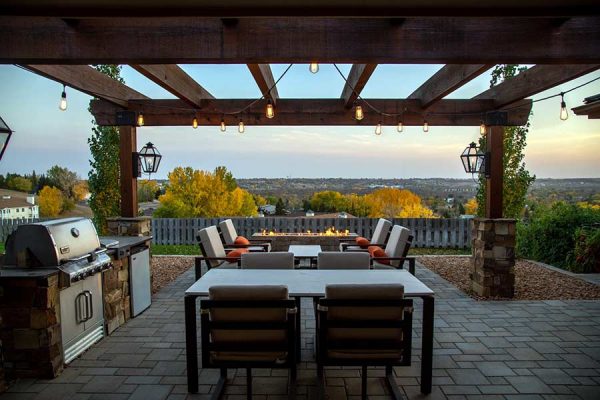A quick search on Google will show you that there are countless resources available for those interested in DIY home improvement projects. Whether you’ve just settled into your new home, or you’re looking to boost your home’s appeal so you can sell it, DIY projects are a great idea.
However, it’s important that you’re careful when deciding which DIY projects you should do. We’ve put together a list of several pitfalls to watch out for:
1) Comparing Money Spent With Real Value Added
It’s important that you take the time to plan and properly execute your projects. Just because you invest a lot of money into, say, a living remodeling project, it doesn’t mean it will add value to the home. If the new work doesn’t complement the surrounding rooms, it may actually hurt the value of your home. For big projects like this, it’s often a good idea to consult a professional to at least point you in the right direction and help you come up with a solid plan.
2) Set Realistic Goals
Some work looks and sounds easier than it really is. It’s important to be precise when making permanent modifications to your home, and mistakes will often be readily apparent. Before you commit to any big projects, take an honest assessment of yourself and your skills before you decide to dive in.
While you may be perfectly capable of doing all kinds of improvements around the home, don’t forget to factor in how much time you’ll have. Be sure you account for work, family time, your children’s sports games, etc. Be sure to factor this into your planning to decide if you’re up for a big DIY project, or if you should hire professionals to knock everything out quickly.
3) Be Sure to Follow Through
If you’re going to commit to a major home improvement project, be sure to see it all the way through. Nothing is worse than leaving a project 80% finished. Pay attention to detail and keep working until everything is 100% done and you’re truly satisfied with the end result. When you hire the right professionals, you can rest assured that the job will be completed, and done correctly. When you tackle projects on your own, you’re the only one responsible for your work.
4) Get the Permits You Need
Depending on where you live and the type of project(s) you’re interested in, you may need to file for the proper permits. If you don’t, you may pay for it later when trying to sell the home.
5) Know When to Ask For Help
You don’t have to go it alone. If you need consultations for color schemes, you can often ask the staff at home-improvement stores, who may offer you free assistance (especially if you purchase paint from them), or offer professional advice for a small fee. If you’re working on upgrades in your kitchen or bathroom, it may be a good idea to call in a plumber.
No matter what projects you decide to undertake, it’s crucial to plan thoroughly and be honest with yourself about your capabilities, both skill-wise and time-wise.
When done properly, DIY home improvement projects can add value to your home and improve your standard of living. If done incorrectly, or left unfinished, they can hurt your home’s value. If you’ve recently improved the value of your home and are looking to sell your house in San Marcos, TX or the surrounding areas, contact The Damron Group REALTORS® today to discuss your options! We’d love to hear from you.



